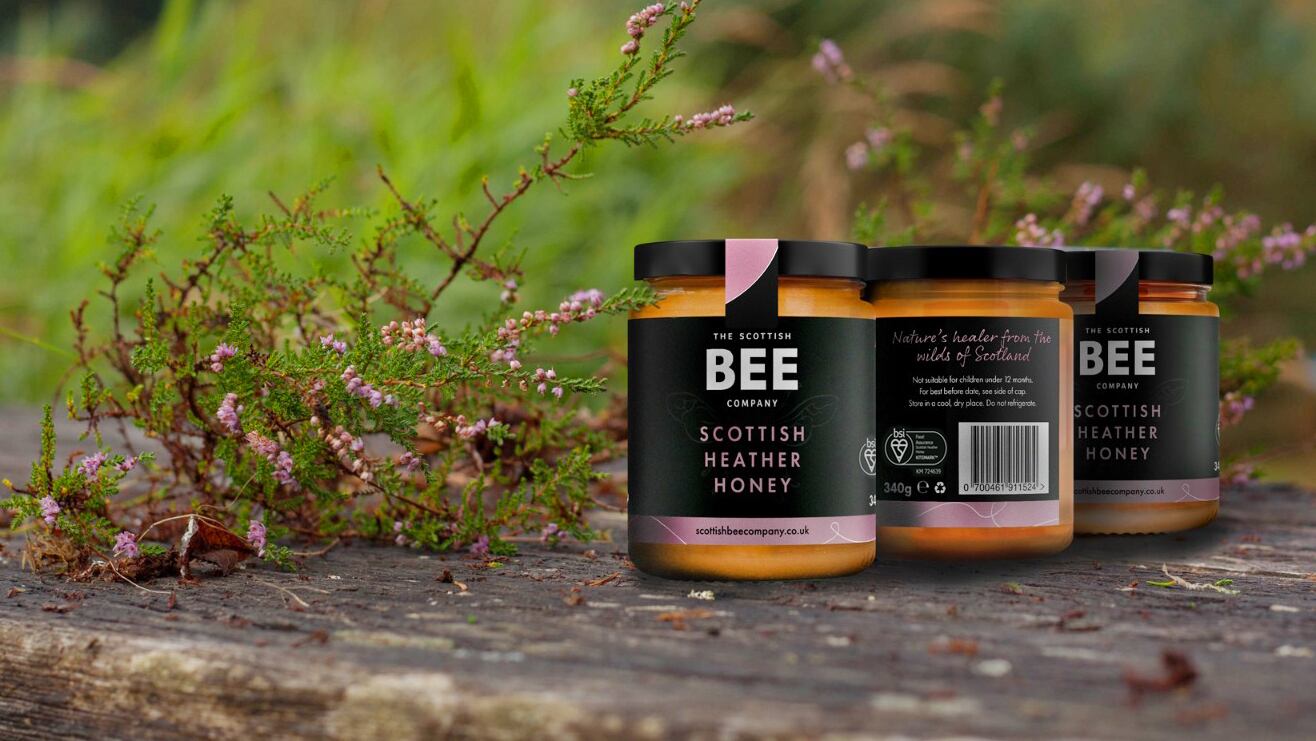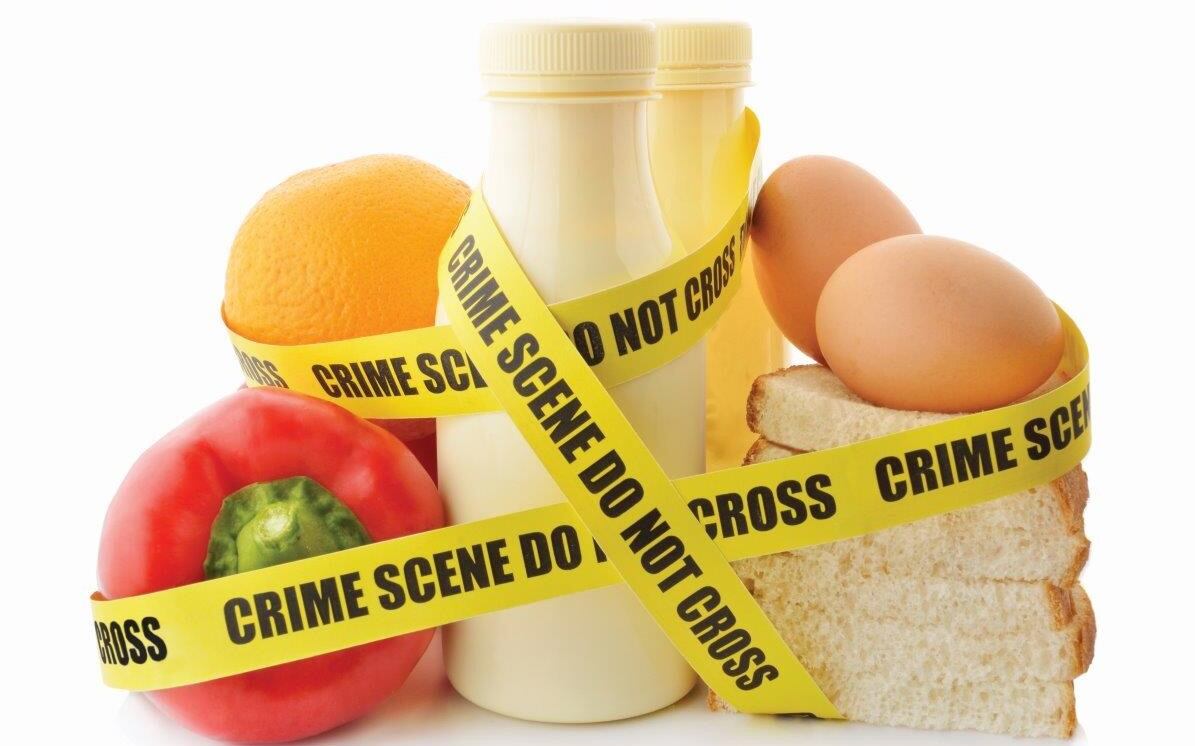The Scottish Bee Company's heather honey has become the first food product in the world to be certified with the Kitemark.
The BSI said the new mark enabled brands, manufacturers, producers and suppliers to confirm not just authenticity and provenance, but also socially responsible or environmentally sustainable agri-food production and supply.
“Today, people want to understand the important details about the food they eat,” explained BSI chief executive Howard Kerr. “By extending the power of the Kitemark into areas like food authenticity and provenance, BSI can serve that need. After all, customers deserve food that’s safe, sustainable and socially responsible.”
The Kitemark focuses on verifying customer promises about scientifically measurable claims including composition or purity. Statistically valid sampling and testing controls embedded within the chain could confirm product integrity, said BSI. Site inspections were able to validate 30 data points, from legal status, geo-location and staff numbers to production capacity and export countries to create a unique living BSI VerifEye client profile, it added.
QR code
The Kitemark enables consumers to access product information from the BSI VerifEye directory online via a QR code on product packaging. Shoppers can use details from the directory to check verified organisations and shop with confidence.
If an ingredient or product promise could be tested, measured and/or verified, a BSI Kitemark Food Assurance programme could be developed to verify it, BSI said. The organisation's growing partnership with Fera, the UK National Reference Laboratory was helping it establish rigorous testing protocols to support the scheme.
The Kitemark is designed to be flexible, to support a broad range of products with varied consumer promises.
The Scottish Bee Company
On its website, The Scottish Bee Company, which is based in Livingston, Scotland, stated: "To achieve its BSI Kitemark for Food Assurance, we had to have each step of our supply chain audited and our honey samples tested for pesticides and genetically modified organisms in an independent laboratory environment.
"We also had to send BSI information about where our hives are located and are open to being audited at any time to ensure they are in Scotland. They will continue to use regular photo verification with location services on throughout the year."
Claims verified by the Kitemark can include
- Authenticity
Is this Scottish Heather Honey, from Scotland, from heather and is it honey?
- Purity
Does this product contain the right amount of CBD oil with less than 0.01% THC?
- Provenance
Was this sparkling wine produced in the Champagne region in the northeast of France?
- Welfare and nutrition
Is this beef produced from herds without hormones and are only grass fed?




